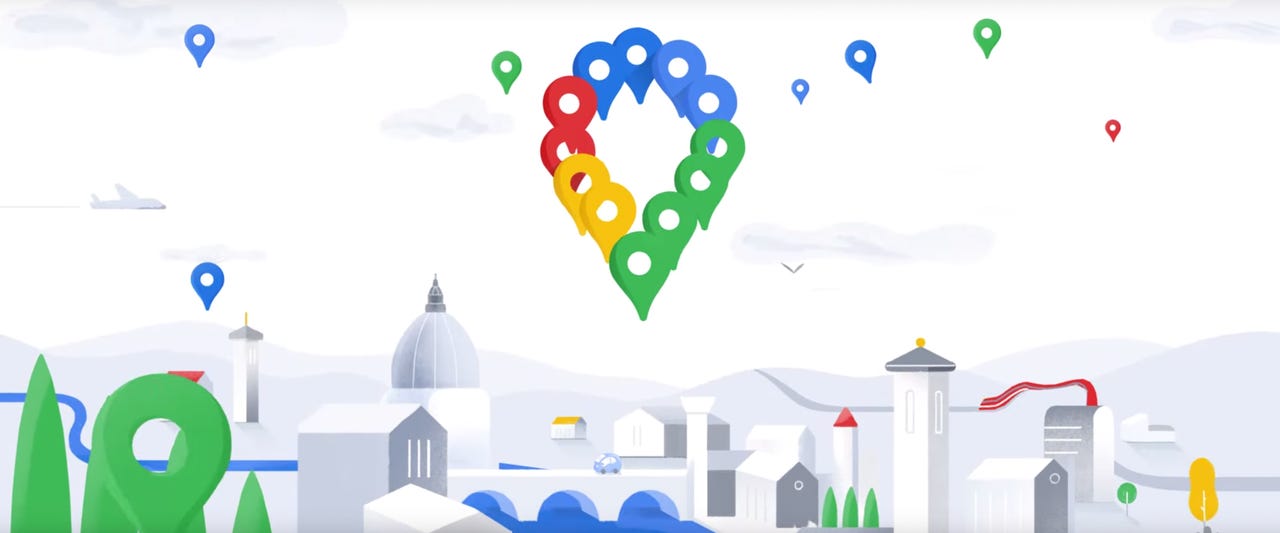How AI has helped improve Google Maps


Since its launch 15 years ago, Google Maps has evolved from a tool to help you find your destination to a destination in and of itself. To commemorate its 15 years, Google this week is giving Maps an update and sharing insight into how technologies like AI have helped make Maps more useful and engaging.
"Major breakthroughs in AI have transformed our approach to mapmaking, helping us bring high-quality maps and local information to more parts of the world faster," Jen Fitzpatrick, SVP of Google Maps, wrote in a blog post published Thursday.
For instance, using machine learning Google added as many buildings to Maps in 2019 as it did using all techniques in the previous decade. Google's Maps team worked with its data operations team to manually trace common building outlines, Fitzpatrick explained. Then, they trained machine learning models to recognize building edges and shapes.
Machine learning has also helped Google map out areas that lack formal street signs and house numbers, by recognizing handwritten building numbers. In Lagos, Nigeria, for instance, machine learning has helped Google add 20,000 street names, 50,000 addresses and 100,000 new businesses to Maps.
Last year, Google introduced Live View to Maps, overlaying your surroundings with augmented reality. Live View relies on machine learning, smartphone sensors and the real-world imagery provided by the Google Maps Street View feature. The new feature helps you figure out which way to go when starting a walking route. Google plans to enhance Live View in the coming months, starting with the ability to tell you how far away you are from a specific place.
"With all these improvements, user growth is strong, and the range of things people are doing with Google Maps continues to expand as well," Google CEO Sundar Pichai said earlier this week during Alphabet's Q4 conference call.
- SEE: Google Cloud hits a $10B annual revenue run rate
- The mysterious disappearance of Google's click metric
Currently, more than 1 billion people globally use Google Maps every month, the company said Thursday. Google has mapped more than 220 countries and surfaced information for about 200 million places and businesses.
Google has also made the tool more engaging, encouraging people to contribute photos places, as well as reviews and ratings. People now contribute more than 20 million pieces of content to Google Maps every day.
Making products like Google Maps more useful and engaging can offer Google more opportunities for paid clicks -- something it needs as it struggles with a declining revenue per click rate.
Coinciding with its 15th birthday, Google Maps is getting an update on both Android and iOS. The app will feature five easy-to-access tabs: Explore, Commute, Saved, Contribute and Updates. The new Updates tab offers a feed of trending spots from local experts and publishers, as well as a way to directly chat with businesses.